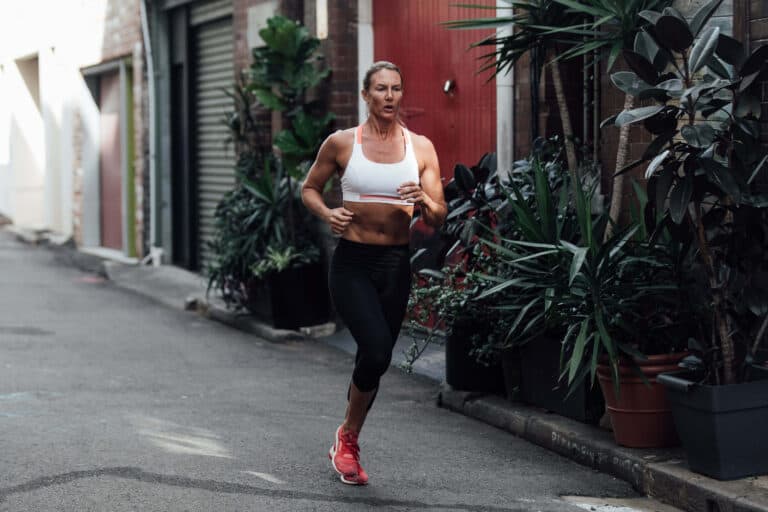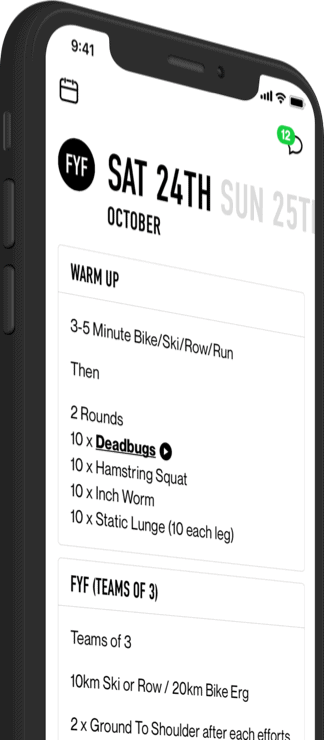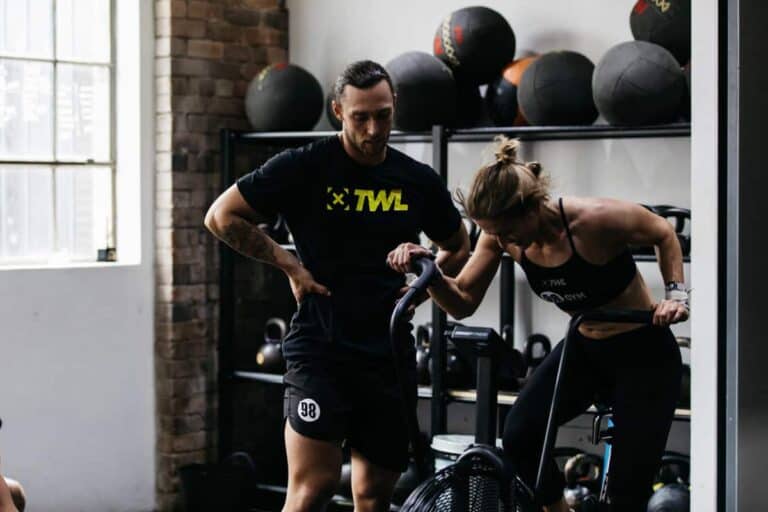If you are in the game of maximising your performance, then paying attention to your day-to-day nutrition is paramount. We’re not talking about mainstream ‘dieting’ tactics which involve eating as little as possible and training without purpose just to burn calories in order to ‘get skinny’. Nutrition for performance takes a science-based approach to maximising training outputs and optimising body composition, which in turn will lead to advancements in your overall performance- in and out of the gym.
Performance nutrition builds upon the principles of day-to-day healthy eating for wellbeing. It aims to maximise athlete performance by paying attention to meal composition, timing and type while also establishing nutrition practices that will enhance athlete recovery from training and games.
Performance nutrition needs to be a consistent cycle of fuelling and recovery practices that athletes (recreational to elite) can follow with the objective of enhanced everyday diet quality, as well as optimised nutrition for training, game-day performance, recovery and long term athletic adaptation.
The Fuel, Train, Recover, Adapt cycle:
- Fuel: Ensure that you are getting 3-4 balanced main meals using the ‘plate model’ each day to fuel day-to-day training and for good health (see 98 Nutrition Manual for the plate model template)
- Train: To enhance training output, top up with a small to medium carbohydrate-rich snack 60-90 minutes prior to your training session or game.
- Recover: Bring your body back to baseline and set the stage for repair, refuelling and growth by having a protein and carbohydrate-rich snack or meal within 1-2 hours of training when undertaking multiple high-intensity training sessions >45 minutes per week.
- Adapt: Understand that to adapt to the training stimulus and/or change body composition, nutrition needs to be consistent and will take time. There are no quick fixes or magic supplements, only consistency, planning and patience.
Energy intake: Low energy intake impairs performance and the ability to lay down lean muscle mass. Quality training and recovery requires sufficient energy to fuel the working muscles. Daily energy intake should be individualised according to training volume, daily activity including incidental exercise, age, height, weight and sex.
Carbs: Carbohydrates are the primary fuel for high-intensity training. Aim for a quality source of carbs on your plate at every meal and in snacks. Aim for 3-5g of carbs per kilo body weight daily, dependent on overall activity levels and 0.5-1g per kilo before and after training to fuel and recover for high-intensity session >45-60 minutes.
Protein: Total daily protein should be spread in 3-4 meals/snacks evenly across the day. Include a protein source on your plate at every meal and after training. For muscle mass development and weight management aim for 1.6-2g per kilo body weight daily
Fats: Choose healthy fats from unprocessed whole food sources at main meals to keep you full and for slow-burning energy. Snacks: Your main meals provide the bulk of your daily nutrition requirements, so significantly reducing these meals to manage energy intake can leave you open to insufficient nutrient intake and poor diet quality. Instead, use snacks to increase or decrease energy intake in line with training load and body composition goals. Start with 3 main meals and add in an extra snack when adding in an extra session or reduce a snack when you have a lower training volume day or a rest day.








